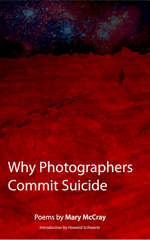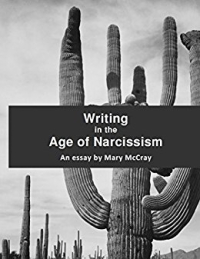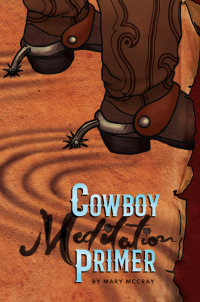 I just finished reading The Editing of Emily Dickinson, A Reconsideration by R. W. Franklin and Emily Dickinson, The Mind of the Poet by Albert J. Gelpi. Franklin's book turned out to be interesting in detailing the problems in publishing a complete edition of Emily Dickinson poems: she created so many different variations of many of her poems, scraps left unfinished and alternate word choices expressed on many of her original papers. Defining a final "author's intent" proved impossible.
I just finished reading The Editing of Emily Dickinson, A Reconsideration by R. W. Franklin and Emily Dickinson, The Mind of the Poet by Albert J. Gelpi. Franklin's book turned out to be interesting in detailing the problems in publishing a complete edition of Emily Dickinson poems: she created so many different variations of many of her poems, scraps left unfinished and alternate word choices expressed on many of her original papers. Defining a final "author's intent" proved impossible.
Gelpi's book attempted to place Dickinson's mindset and evolving philosophies in the context of her struggles with Puritanism and the major thought-leaders of the day, New England's writers Emerson and Thoreau. But Gelpi also had interesting things to say about how a poet-creator self-defines and he included a laundry list of craft-techniques he felt made Dickinson unique.
Gelpi believed a poet could identify as one of three kinds of a creator:
- a passive see-er
- an assertive genius
- a skilled craftsman
Gelpi's list of Dickinsonian craft, I feel, is useful to any poet who reads Dickinson or wants to add a flair of Emily to their work:
- Use unique, fresh language
- Use New England colloquialisms (or your local alternative)
- Drop the S from the third-person singular of the present tense
- Emphasize nouns by striking the articles
- Use singular nouns where plurals are expected
- Make parts of speech perform unorthodox functions
- Coin words
- Write in hymn stanzas (quatrains of short lines with 3-4 beats)
- Use dots and dashes as breathing points
- Use slant rhymes
- Use mostly monosyllable words
Gelphi also surmised that Dickinson liked to exist in a constantly yearning state, never to have her desires fulfilled because, as Gelphi said, "Fulfillment is static; desire is a process."
Interesting food for thought.




